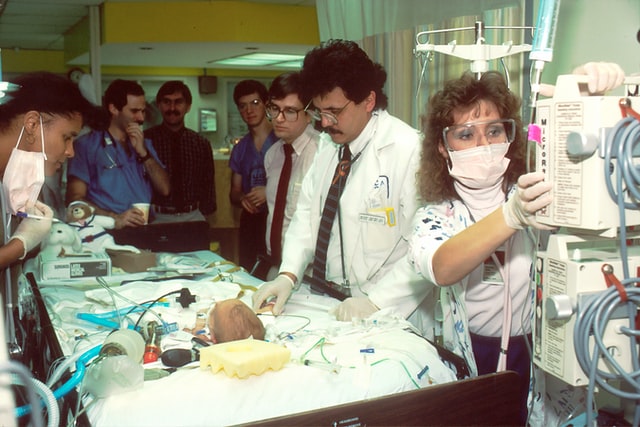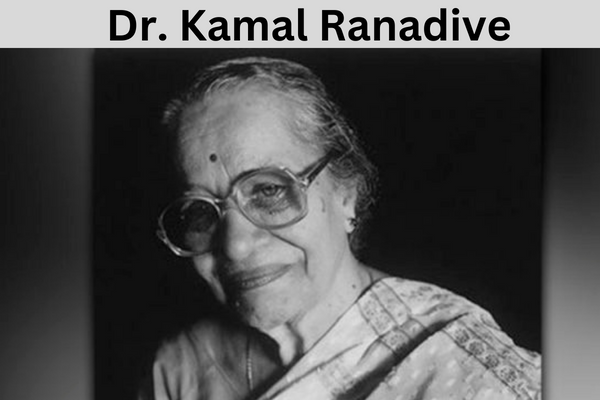
PIERRE, S.D. (KELO) — A South Dakota senate bill that has passed the House of Representatives is drawing criticism from the American Cancer Society (ACS). Which is calling for Governor Noem to veto it when it comes to her desk.
The American Cancer Society Cancer Action Network (ACS-CAN) says the bill would undermine patient protections. And would result in higher insurance premiums and out-of-pocket costs for South Dakotans.
KELOLAND News spoke with David Benson, the ACS-CAN government relations director, about the organization’s objections to the bill.
“As a new consumer looking for health insurance. This is going to create some challenges where if you’re put into a situation where you have a serious injury or illness. You don’t realize there may be a cap in terms of how much is being paid out on medical expenses or prescription drugs. Until you get to the point where you’re dealing with that reality.”
Cancer Society
Cancer Society:- Another issue Benson highlighted is the number of unknowns that this bill creates. Because this bill is not very long, he says, there are not a lot of requirements that the plans need to meet.
Furthermore, Benson expressed concern over the bill’s effect on the insurance marketplace as a whole. Saying that this bill would allow non-profits to take on only the youngest, healthiest or least costly individuals. It could leave the rest of the populace facing higher premiums.
We also spoke with Scott Vander Wal, President of the South Dakota Farm Bureau, the organization who put forth the bill.
Vander Wal pushed back against the ACS’ assertion that this bill would result in higher costs for South Dakotans. Saying that there were three groups that this bill would target. Non-elderly uninsured individuals, those who do not qualify for affordable care act subsidies. And couples who have one spouse working outside of the family business in order to gain health insurance.
ACA coverage
“They’re not currently people that are members of the ACA coverage. Unless it’s just that small group that doesn’t qualify for the tax credits,” said Vander Wal. “If you’re under an employer plan, you’re probably not going to be interested in our program because that’s provided to you by your employer. The biggest group would be people that don’t have coverage, and that won’t affect the ACA.”
Vander Wal acknowledged that the plan would allow organizations to deny coverage. Those with underlying health conditions, but argued that this plan was not for such people in the first place.
A major target of the bill would be farmers and ranchers who Vander Wal says are sometimes sole-proprietors of their business. And do not qualify for employer plans.
Discussing a criticism that was leveled at the bill. Vander Wal said that if an individual were to develop a severe illness, they would not be dropped. “We’re going to stay with you as long as you pay your premiums and remain a member of Farm Bureau,” said Vander Wal. “That’s just the way we do business.”
When asked if an individual could be dropped in such a situation. Vander Wal said he did not know if consumer protections would allow that to happen. But stated that apart from legal protections, there are moral obligations to make sure people are taken care of KELOLAND. News reached out to three of the state legislators who sponsored this bill, but we have not received a response.
BARD1 Life Sciences’ licenced SubB2M technology has ‘exquisite specificity’ in detecting ovarian cancer
BARD1 Life Sciences (ASX: BD1) has unveiled “outstanding” preliminary test results showing its licenced SubB2M technology was a 100% specific in detecting all stages of ovarian Cancer Caps.
Griffith University’s Institute of Glycomics has released data showing SubB2M can be used to detect all ovarian cancer stages with 100% specificity and 100% sensitivity.
BARD1 holds the exclusive worldwide licence to SubB2M in using it to detect any Cancer Society.
It is a protein that binds specifically to the sugar molecule Neu5Gc that is present in a range of malignancies.
Detection of Neu5Gc in cancer patients’ blood
Researchers from Griffith University and the University of Adelaide worked together to engineer the SubB2M protein to have “exquisite specificity” in binding to Neu5Gc. Researchers have now proven its ability to detect Neu5Gc in the blood stream of cancer patients.
During testing 47 patients who all had varying stages of ovarian cancer were found to all have “significantly elevated” Neu5Gc glycan levels compared to the 22 cancer free control individuals.
Dr Lucy Shewell from the Institute of Glycomics presented the research at the ANZGOG conference with the paper Detection of N-glycolylneuraminic acid biomarkers in sera from patients with ovarian cancer using an engineered N-glycolylneuraminic acid-specific lectin SubB2M Caps.
The research concluded using SubB2M has the potential to be used as a diagnostic market to detect early. Ovarian cancer as well as a tool for monitoring disease progression in late-stage cancer.
BARD1’s chief scientific officer Dr Peter French described the results as “outstanding”.
“This work underpins BARD1’s decision to licence the technology and develop it for novel tests for breast. Prostate and pancreatic cancers, as well as for ovarian cancer.”
Critical unmet need
Meanwhile, BARD1 chief executive officer Dr Leearne Hinch said the company would continue collaborating with Griffith University. To develop and validate commercial assays for monitoring treatment response and recurrence in ovarian cancer patients to improve health outcomes.
She said there was a “critical unmet need” in the ovarian cancer field with the malignancy noted as the leading cause of gynaecological cancer deaths worldwide.
In 2018 alone there were 295,000 new cases diagnosed and 185,000 deaths.
A key contributor to the high death rate is the fact the disease is often diagnosed at a late stage. This results in a poor prognosis and five year survival rate of 46%.




